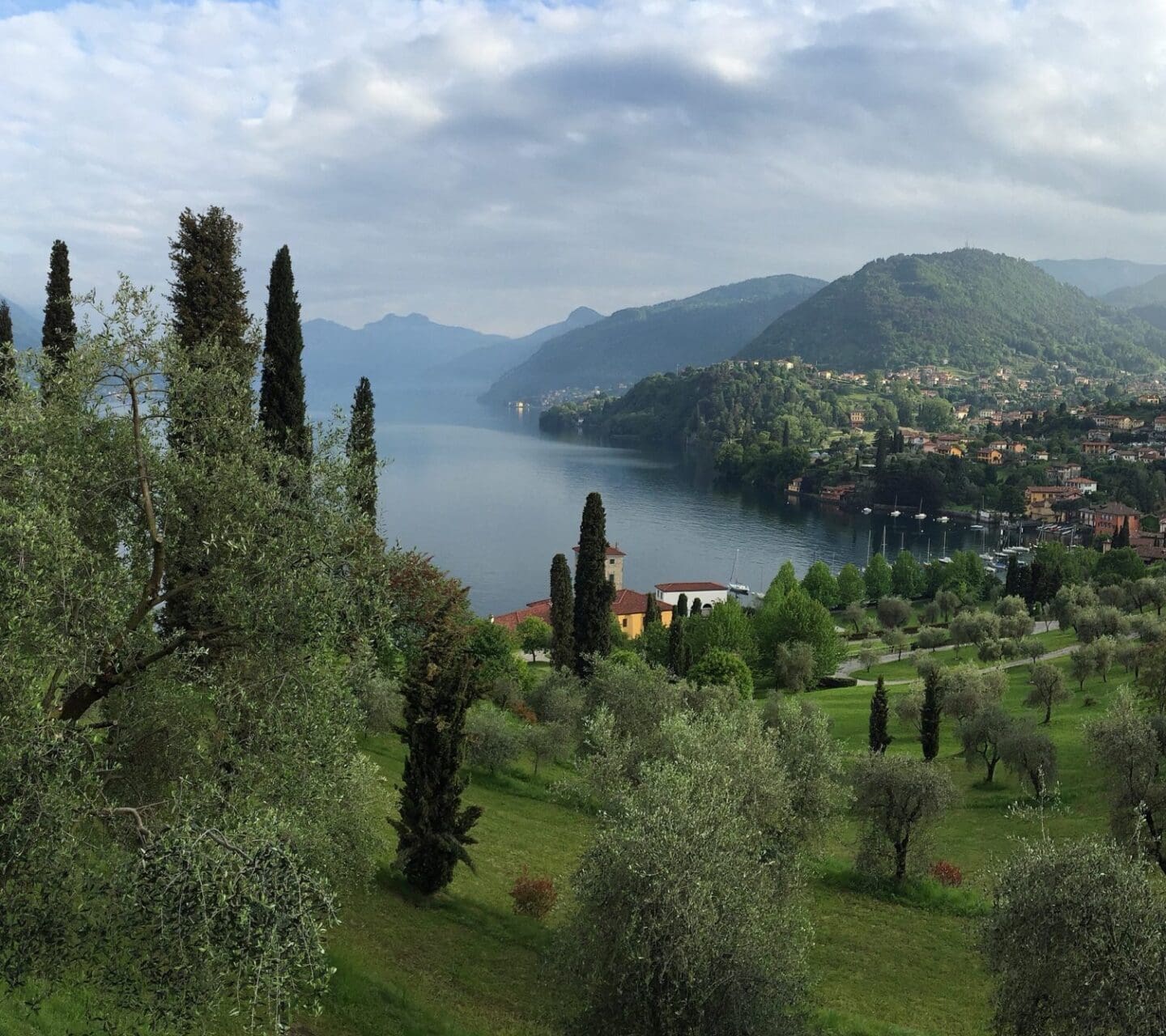One of the residents, an artist called Natalie Bookchin, took photos of Bellagio’s beautiful old walls. She was expressing how walls divide people, and her process opened up a very different view of Bellagio for me.
Mayra BuvinicSenior Fellow Emeritus at the Center for Global Development and a Senior Fellow at the United Nations FoundationAlthough her work didn’t directly contribute to my writing, it struck me. Had I seen it in another context, I might not have noticed it, but I got to know her work because of this residency.
Mayra BuvinicSenior Fellow Emeritus at the Center for Global Development and a Senior Fellow at the United Nations Foundation
We were treated so well by the staff at the Center. It seems like a small thing, but it really made a difference after the isolation of the pandemic. Covid-19 made a significant impact on all our lives. My brother almost died. He is overseas, so it was an extremely stressful time. And even something as simple as interacting with the other scholars at the Center seemed challenging at first because I was no longer used to socializing. Being able to converse in person, not via Zoom, was a wonderful experience in and of itself.
There was an interesting mix of people at Bellagio in 2021. Despite the restrictions – we were a smaller group and no outside people came in – we all got along very well. It simultaneously provided a break from how I was thinking and helped me to adapt my own thinking. Natalie Bookchin, an artist who creates video montages about inequality, took photos of Bellagio’s beautiful old walls. She was expressing how walls divide people, and her process opened up a very different view of Bellagio for me. Although her work didn’t directly contribute to my writing, it struck me. Had I seen it in another context, I might not have noticed it, but I got to know her work because of this residency.
Both residences were distinct. The first opened up opportunities and contacts in parallel fields. The second one was a lot more about tranquility and writing in a peaceful environment. I really hope that The Rockefeller Foundation will continue with this incredible work for as long as possible. I think that the randomness of bringing very different people together is really what makes it work.
Explore more
We’d like to thank Mayra for her continued contribution to the network. To find out more about her work, read her contributions to the Center for Global Development.
You can also find out more about her field of expertise at Data2x, or read her Spanish-language paper, “Las políticas públicas: por la lucha contra la desigualdad” (“Public policies: for the fight against inequality”) and her paper on persistent gender gaps in business profits in Indonesia. Both were written during her Bellagio residencies.
Related

September 2022
Welcome to the second Bellagio Bulletin, where you’ll learn of the many ways that the Bellagio Center has supported the work of the world’s leading thinkers. We, at The Rockefeller Foundation, are committed to gender equality and the Bellagio Center has helped us to advance the global gender equality agenda. The activities and conversations at […]
More